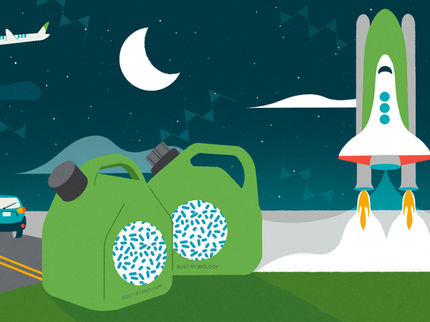Biomass for biofuels, biochemicals will more than triple to 3.7 billion tons in 2030
Driven by aggressive biofuel mandates, rapid growth will cause great strain on biomass by 2030, according to Lux Research. Using today’s technologies, an area the size of Russia would need to be cultivated to replace all of petroleum use for chemicals and fuels – feedstock innovation will be needed to keep growing biomass’s market share.
“Today, biofuels and biochemicals need more than a billion metric tons of material annually to replace a mere 3% of total petroleum products,” said Kalib Kersh, Lux Research Analyst and one of the lead authors of the report titled, “Finding Feedstocks for the Bio-Based Fuels and Chemicals of Today and 2030.”
“By 2030, this number will soar to 3.7 billion metric tons, and meeting the growing challenge will require feedstock innovations such as crop modification, new value chain configurations, and agronomic technology improvements like irrigation and biosensors,” he added.
Lux Research built a database of 1,715 established and planned bio-based chemical and fuel facilities that address supply-side issues, and evaluated new technologies that could make a significant difference. Among its findings:
- Use of waste as a feedstock is rising. Municipal solid waste (MSW) and waste gases like carbon dioxide and flue gas have potential as a feedstock. LanzaTech aims to make ethanol and 2,3-butanediol from flue gas, while Fulcrum BioEnergy is financing its first MSW gasification facility.
- Novel logistics methods can lower cost. Alternative fuel companies such as Sweetwater Energy and BlackGold Biofuels are developing “hub-and-spoke” models to build satellite intermediate conversion facilities that feed into a central processing facility, cutting transportation costs.
- Crop modifications to reduce input needs. Dozens of companies and universities are developing crop traits that cut down on agriculture’s material inputs. For example, BASF, Mendel Biotechnology and Evogene are developing crop strains that provide resistance to drought and pests, or can fix their o
Most read news
Other news from the department business & finance

Get the life science industry in your inbox
By submitting this form you agree that LUMITOS AG will send you the newsletter(s) selected above by email. Your data will not be passed on to third parties. Your data will be stored and processed in accordance with our data protection regulations. LUMITOS may contact you by email for the purpose of advertising or market and opinion surveys. You can revoke your consent at any time without giving reasons to LUMITOS AG, Ernst-Augustin-Str. 2, 12489 Berlin, Germany or by e-mail at revoke@lumitos.com with effect for the future. In addition, each email contains a link to unsubscribe from the corresponding newsletter.
Most read news
More news from our other portals
Last viewed contents
List_of_eukaryotic_picoplankton_species
Epigenomics Signs Distribution Deal with Pronto Diagnostics for Epi proColon in Israel - Epigenomics expands commercial reach for CE-marked product beyond home market
The_Streets
Harrington_implant
Cerenis and Novasep awarded €10.7 million funding from the French Government for the development CER-001, an HDL mimetic





















































